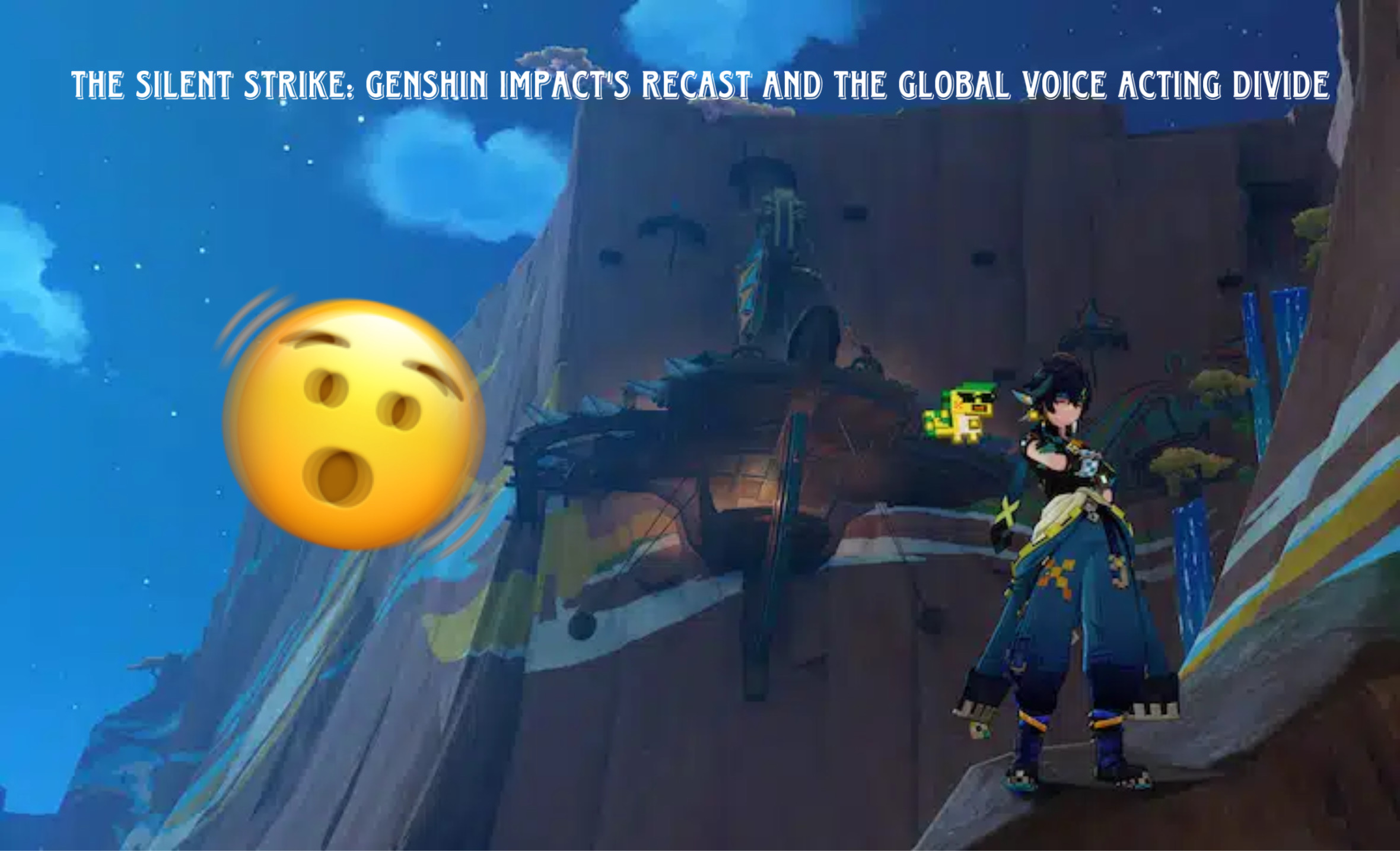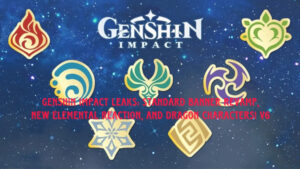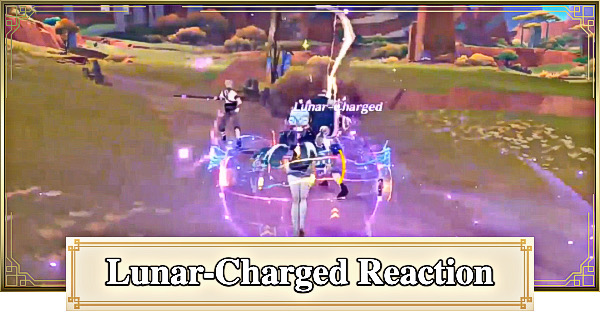The world of voice acting, often unseen but deeply felt, has been rocked by a recent controversy surrounding miHoYo’s popular game, Genshin Impact. For months, players have noticed a jarring silence in certain in-game dialogues, a stark reminder of the ongoing SAG-AFTRA strike against video game companies. This silence, however, was shattered on March 26th with the 5.5 release of Genshin Impact, revealing that miHoYo had recast at least one striking voice actor, igniting a fiery debate within the gaming and voice acting communities.
As a fellow voice actor, I’ve watched this situation unfold with a mix of anger and disappointment. It’s not just about a game; it’s about the fundamental respect for striking workers and the global complexities that surround labor rights.
Understanding the Strike: SAG-AFTRA and the AI Threat
To understand the outrage, we need to delve into the role of SAG-AFTRA, the Screen Actors Guild – American Federation of Television and Radio Artists. This powerful union represents around 160,000 performers, advocating for fair compensation, working conditions, and the protection of their likeness. The current strike stems from the growing threat of artificial intelligence, which allows companies to replicate an actor’s performance without consent or fair compensation.
When negotiations between SAG-AFTRA and video game companies fail, the union calls for a strike, instructing its members to withhold their labor. This is a powerful tool, designed to pressure companies into reaching a fair agreement. However, the effectiveness of a strike relies heavily on solidarity. Strikebreakers, or “scabs,” who cross the picket line, are seen as undermining the entire movement, willing to compromise ethical principles for a paycheck.
The Genshin Impact Recast: A Global Divide
In the case of Genshin Impact, miHoYo replaced John Patneaude, the original voice of Kinich, with Tokyo-based Jacob Takanashi. Patneaude, a NAVA member, had publicly expressed his support for the SAG-AFTRA strike and withheld his work in solidarity. This replacement has sparked a heated debate, highlighting the global complexities of labor rights.
While miHoYo, a Chinese company, may not be directly bound by SAG-AFTRA agreements, their decision to replace a striking actor has been widely condemned. Takanashi, on the other hand, faces criticism for seemingly lacking due diligence in understanding the situation. While miHoYo may have withheld information during the audition process, the responsibility to research and understand the context ultimately falls on the actor.
Solidarity and the Non-Union Dilemma
It’s important to note that joining a union is not a requirement for voice actors. Many talented individuals work in non-union roles, often due to the limited availability of union jobs. However, the industry largely respects SAG-AFTRA’s role in protecting actors’ rights. Non-union actors often benefit from the precedents set by the union, and many choose to show solidarity during strikes.
This solidarity is crucial, as it demonstrates a united front against unfair labor practices. However, it also creates a difficult dilemma for non-union actors who are offered roles that may replace striking union members. The risk of being labeled a “scab” can severely damage an actor’s reputation within the industry.
The Aftermath: A Call for Global Awareness
The Genshin Impact recast has exposed a critical need for greater awareness and understanding of labor strikes on a global scale. How can we ensure that voice actors, regardless of their location, have access to accurate information about ongoing strikes? How can we foster a stronger sense of international solidarity?
This situation serves as a stark reminder of the power dynamics at play in the entertainment industry. It highlights the need for greater transparency and ethical considerations when replacing striking workers. While miHoYo may have achieved a short-term solution, the long-term consequences for their reputation and the wider voice acting community remain to be seen.
Ultimately, this controversy is not just about a game; it’s about the fundamental principles of labor rights, solidarity, and the ethical responsibilities of both companies and individuals in a globalized industry.



